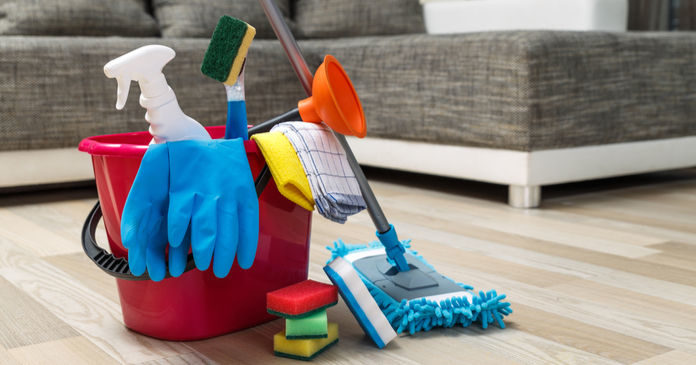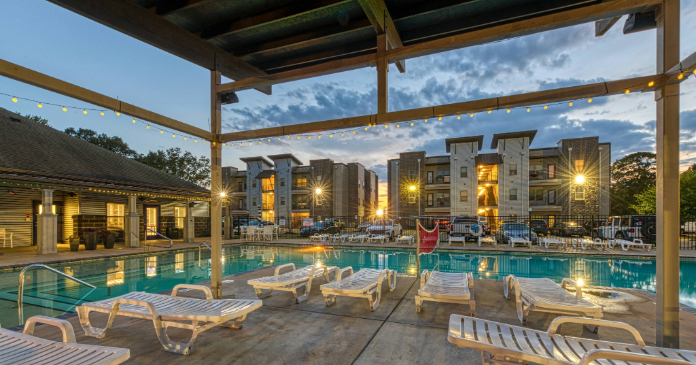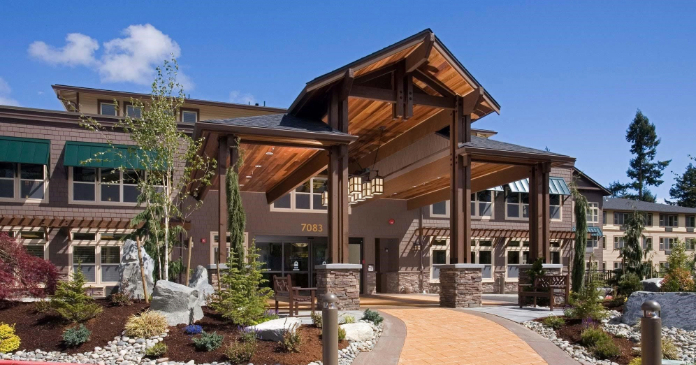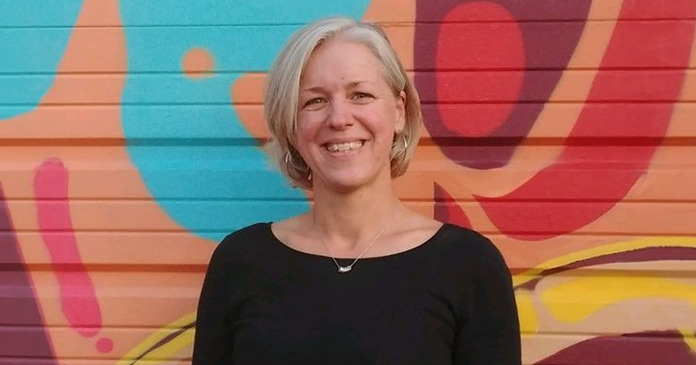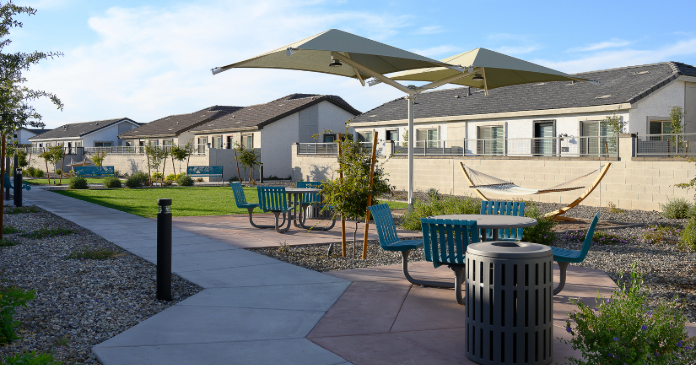A year or so ago we mentioned a start up by apartment veteran, Howard Behr. Wharton grad and world traveler, Behr spent a large part of his career perfecting the art of multifamily profitability and energy efficiency by way of utility management. Having installed and serviced thousands of submeters in apartments across the U.S., it’s reasonable to conclude that Behr is at least remotely responsible for saving millions of gallons of water, significant money for owners and perhaps even, in some part, protecting this natural resource for our future.
Today Behr has transferred that knowledge to saving time for residents, creating gig jobs for those looking to pick up extra money and building value for apartment operators. Here’s how.
We’re happy to report that Behr’s start-up, Lapa Lopa, is now in full operation in the Washington, D.C. area. The company does one thing very well: clean apartments. Why hasn’t someone thought of this before? After all, in the world of renting, convenience is certainly one of the top reasons people choose to rent. And while apps deliver everything from dinner to rides to packages, why can’t residents use the same method to schedule cleaning service without paying ridiculous rates?
It’s complicated. First, apartments have historically been a lost leader for cleaning providers. Apartments are small, hard to access and not an efficient use of staff and time for a single unit. Security access into the building or communities is also a challenge. Finally, there’s trust. No one wants someone in their home without an absolute level of trust of the person and affirmation of the process.
That’s where Behr’s experience with submeters plays a big part. Understanding the nuances, rules and resident privacy and expectations around entering an apartment is a big part of his business model. The entire process is mapped and monitored from scheduling to background checks to staff geo-tracking.
By mapping apartment communities into sections and assigning each section a day of the week, cleaning schedules are optimized for time efficiency and price. Services are also provided according to the high demand tasks—bathroom and kitchen cleaning for example—delivering the best services for at-scale pricing. Grouping apartments in the same building to be cleaned within the same time frame optimizes efficiency. Cleaners spend less time travelling apartment to apartment, and more time cleaning.
The entire process is automated into a simple app. Apartment resident answer a few simple questions like how many bathrooms and are there pets in the apartment? They receive a reminder notification a few days before and an update upon the completion of cleaning.
Lapa Lopa capitalizes on the same gig economy that fuels its pipeline of customers to build out its service-side of the business—its cleaning teams.
The company continues to grow its beta operation in Washington, D.C. with hundreds of units now on the platform.


